UN criticizes Czech detentions and strip-searches of refugees
Human rights violations appear to be an integral part of a policy by Czech Govt to deter migrants, statement says
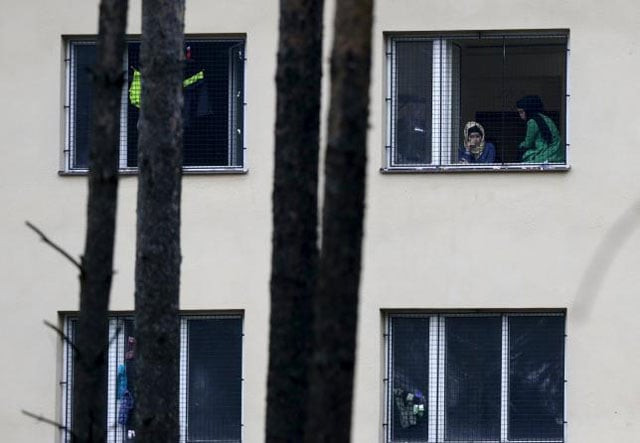
Human rights violations appear to be an integral part of a policy by Czech Govt to deter migrants, statement says
Human rights violations "appear to be an integral part of a policy by the Czech Government designed to deter migrants and refugees from entering the country or staying there,” he said in a statement.
He also expressed alarm that the detention policy was accompanied by increasingly xenophobic public statements, including "Islamophobic" statements by President Miloš Zeman and a public petition “Against Immigration” launched by former President Václav Klaus.
Czechs under fire for harsh, lengthy migrant detentions
Zeman rejected the criticism and his spokesman said: "The president has long warned of the threat of Islamic fundamentalism. He stands by his opinion and he will not change it under pressure from abroad."
The U.N. refugee agency UNHCR says the vast majority of those making the northward journey from Turkey through Greece, often hoping to reach Germany, are refugees rather than economic migrants, and have a right to protection and asylum.
Most come from Syria, and Zeman has warned that they would impose sharia law, stoning women to death for adultery and chopping thieves' hands off.
"We will lose women's beauty because they will be covered head to toe in burqas, with only a fabric net over the face," the CTK news agency quoted him as saying last week.
Zeman's views have echoed Hungarian Prime Minister Viktor Orban, who has vowed to protect Christian values by fighting to stem immigration from Muslim countries.
Hungarian TV photojournalist fired for kicking fleeing migrants
The center-left Czech government has not used similar rhetoric to that of the 71-year-old president, but remains unique in detaining refugees for so long - routinely for 40 days and sometimes for 90, Zeid said.
"International law is quite clear that immigration detention must be strictly a measure of last resort," he said. Detaining children "on the sole basis of their migration status, or that of their parents, is a violation, is never in their best interests, and is not justifiable," he said.
Courts had released people who had challenged their detention, but most did not know their rights and were unable to exercise them, partly because their mobile phones were taken away when they were detained, Zeid said.
They were often destitute on their release after being strip-searched for money to pay the daily cost of 250 Czech crowns ($10.46) for their detention, often in poor conditions.

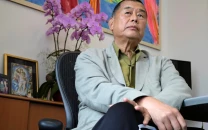
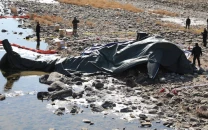
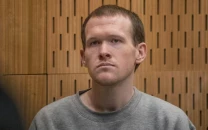

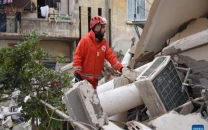













COMMENTS
Comments are moderated and generally will be posted if they are on-topic and not abusive.
For more information, please see our Comments FAQ